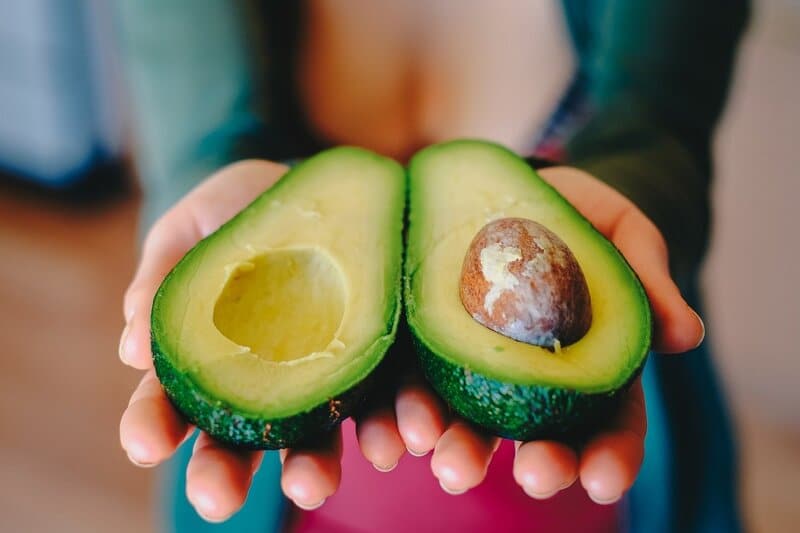Many people start their days with avocado toast or have it in other dishes. With its creamy texture and health benefits, it’s a superfood, packed with potassium and healthy fats. While many are familiar with the health benefits of avocados, many less are aware of the environmental costs of this trendy food.
—
Nowadays, avocados are especially popular in North America and Europe. North America remains the world leader for importing avocados, with 52% of the world’s imports, with the majority of imports coming from Mexico and Peru. The European market is the second largest importer, with 33% of the world’s imports. According to a 2020 report, the global avocado market is expected to grow at a compound annual growth rate (CAGR) of 5.72% to reach a total market size of US$17.905 billion by 2025, increasing from US$12.824 billion in 2019.
Xavier Equihua, the CEO of the World Avocado Organization, mentioned that the European and US consumption of avocados are hitting record highs, after a brief drop in demand at the start of the COVID-19 crisis, according to an article from Bloomberg in December 2020.
“Consumption is off the charts…People want to eat healthy. The new luxury post-pandemic is going to be eating healthy, and wellness. Even the fashion industry is saying that.” Equihua said.
You might also like: Urban Heat Island Effect: Cities Could Be 4°C Warmer Than Rural Areas By 2100, Study Finds
Without a doubt, avocados are a great fruit for our health because of their high nutritional value. For example, they contain fat-soluble vitamins lacking in other fruits, including Vitamins A, D and E. Also, avocados have especially high potassium levels when compared to other fruits, which regulates muscle activity and protects the body from cardiovascular diseases. Furthermore, avocado contains substantial amounts of bioactive compounds such as phytosterols. Food rich in phytosterols can help to reduce the total cholesterol and LDL cholesterol.
Despite this, the production of avocados also has high environmental costs. There are three main costs: first, the production of avocados can contaminate soils and biodiversity. Avocados are grown as a monoculture crop, which means that the same crop (the avocado trees) grows in the same land for many years. Monoculture plantations leave the soil with less nutrients and more vulnerable to diseases and thus farmers need to use many pesticides and fertilisers. Pesticides and fertilisers not only contaminate the soils but also the biodiversity in the surrounding areas which includes human lives, when the pesticides and fertilisers get dragged in runoff water into distant ecosystems.
Second, the production of avocados requires a huge amount of water and can cause water shortage in the plantation regions. While the actual amount depends on the climate conditions of the regions, approximately 70 litres of applied fresh ground or surface water on average are required to grow one avocado, compared with 5 litres for a tomato and 22 litres for an orange. Extensive avocado farming in Mexico is causing water shortages for the local people.
Third, the production of avocados can contribute to global warming due to deforestation. For example, in Mexico, avocado trees flourish at about the same altitude and climate as the pine and fir forests in the mountains of Michoacan. According to an article from the Global Forest Watch in 2019, on average between 14,800 and 19 800 acres of deforestation is driven by avocado orchards in Michoacan each year. Forests are carbon sinks and help to mitigate carbon dioxide emissions and other greenhouse gases.
While the global avocado market is expected to grow in the coming years, it is important for consumers to be aware of the impacts and the implications of the product, too. Avocados offer valuable and important nutrition to us, however, are avocados really green for our environment? Perhaps not.

















